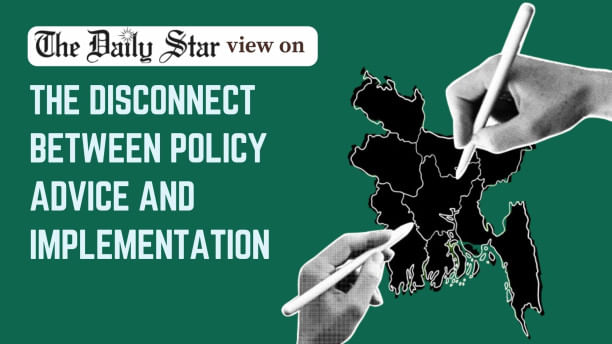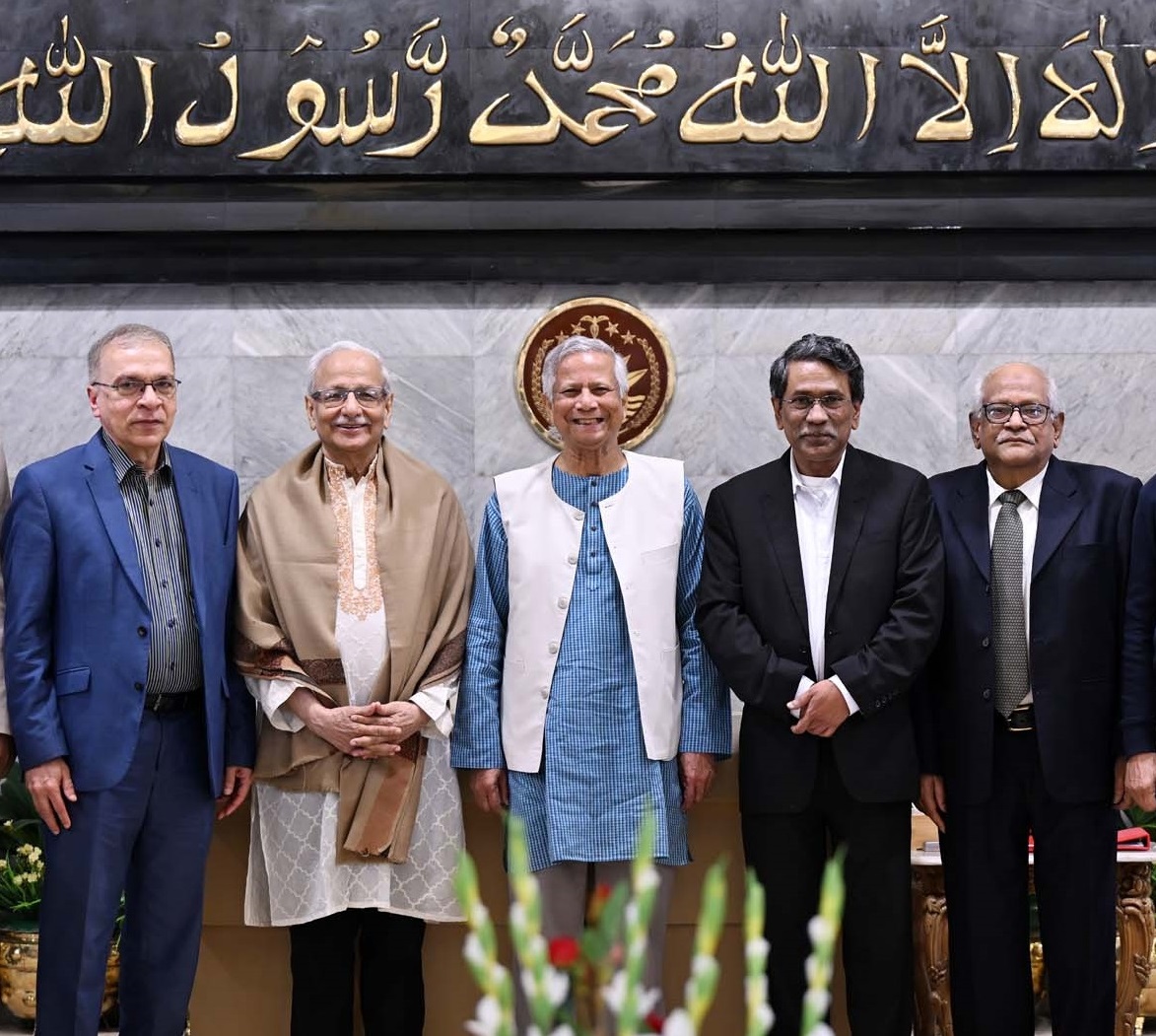Collaboration a must among academia, policymakers and implementers

Prof Rehman Sobhan raised an important point on Thursday, at a book launch ceremony, about why, after years of studies and research, the fundamental problems of our economy do not get solved. Why do we have this history where findings, recommendations, and knowledge of researchers, experts, and think tanks on crucial aspects of the country repeatedly get ignored and shoved aside by political leaders and implementers? We believe that the answer lies in the fact that there's a basic disconnect among the academia, political leaders, and bureaucrats in the country.
Numerous studies have been conducted on every single social and economic sector in Bangladesh, yet in nearly 54 years since our independence, no fundamental reforms have been carried out based on the findings of those studies. One glaring example of this phenomenon is the recommendations of the 29 task forces created in 1991 under the leadership of Prof Sobhan. As the planning adviser in Justice Shahabuddin's caretaker government, Prof Sobhan called upon 250 experts of the country and formed the task forces—which dealt with topics ranging from the economy, environment, and energy to the revival of the jute industry—to reconstruct Bangladesh after the fall of Ershad's autocratic regime. However, none of the succeeding elected governments, which included both the Awami League (AL) and the Bangladesh Nationalist Party (BNP), implemented the recommendations of the task forces. The political parties' inaction shows how policymakers or political leaders in our country distance themselves from research and in-depth economic and social guidance provided by academia.
Globally, governments and policymakers depend on academia, experts, and think tanks for policy advice on fundamental issues in a nation. However, in Bangladesh, we have this dubious record of ignoring and shunning proposals made by experts and think tanks. Sadly, even when political leaders acknowledge expert advice, the proposals face obstacles from policy implementers, i.e. the bureaucrats. They often let their narrowmindedness get in the way and choose to promote megaprojects and allocate resources to programmes that are often unnecessary or require huge investments. Such bureaucratic preferences have created the path for unbridled corruption in the past, serving the interest of a select few in the process.
Now that we are looking at reforms again, we must ask ourselves whether we want to take lessons from our past. Crucial recommendations submitted by all the reform commissions formed under the interim government led by Prof Muhammad Yunus will face the same fate as previous expert proposals if we fail to establish a line of communication and a path towards adherence and commitment among the three tiers of our society: academia, policymakers, and policy implementers. The distance between these three tiers must be reduced to solve the problems that have affected our society and economy for the last five decades.



 For all latest news, follow The Daily Star's Google News channel.
For all latest news, follow The Daily Star's Google News channel. 

Comments